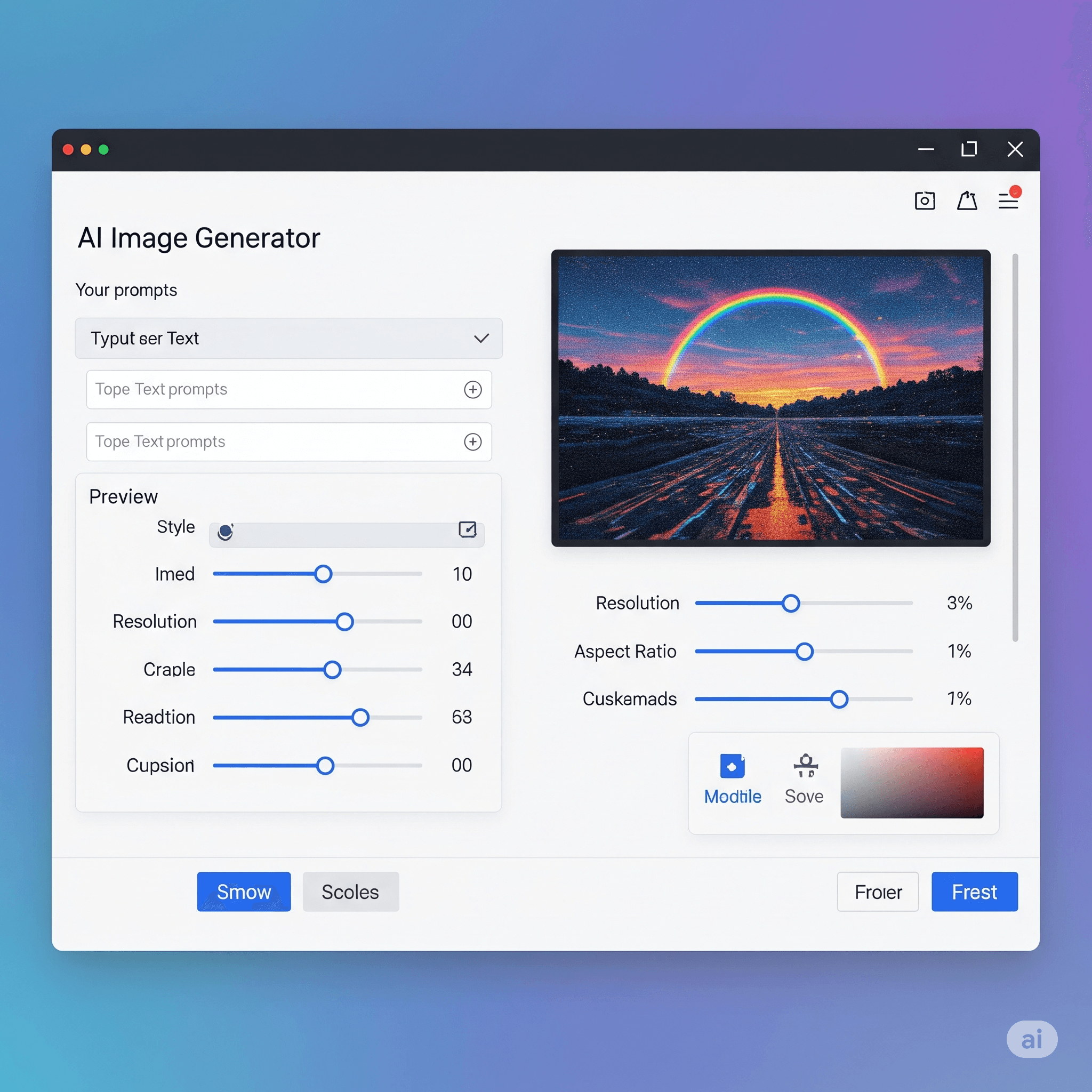Question: …………….are used to identify a user who returns to a Website
Answer:
Cookies are used to identify a user who returns to a website.
A cookie is a small text file that is stored on a user's computer or device by a website. When a user visits a website, the website sends a cookie to the user's browser, which then stores it. The next time the user visits the same website, the browser sends the cookie back to the website, allowing the website to recognize and remember the user.
Cookies can be used for various purposes, including identifying returning users. They often contain unique identifiers or information that helps the website track user preferences, session information, or other data relevant to the user's interaction with the website. This allows the website to provide personalized experiences, remember user settings, and offer customized content.
It's important to note that cookies can be both session-based, which are stored temporarily and expire when the user closes the browser, or persistent, which are stored for a longer duration and remain on the user's device until they are manually deleted or expire. Cookies can also be first-party, set by the website being visited, or third-party, set by other websites or services that have content embedded on the website.
It's worth mentioning that cookies have raised privacy concerns, and regulations such as the General Data Protection Regulation (GDPR) in the European Union and the California Consumer Privacy Act (CCPA) in the United States have been introduced to provide users with more control over the use of cookies and their personal data.
In summary, cookies are commonly used to identify a user who returns to a website, allowing the website to personalize the user's experience and provide relevant content based on their preferences and previous interactions.
MCQ: …………….are used to identify a user who returns to a Website
Explanation:
Cookies are used to identify a user who returns to a website.
A cookie is a small text file that is stored on a user's computer or device by a website. When a user visits a website, the website sends a cookie to the user's browser, which then stores it. The next time the user visits the same website, the browser sends the cookie back to the website, allowing the website to recognize and remember the user.
Cookies can be used for various purposes, including identifying returning users. They often contain unique identifiers or information that helps the website track user preferences, session information, or other data relevant to the user's interaction with the website. This allows the website to provide personalized experiences, remember user settings, and offer customized content.
It's important to note that cookies can be both session-based, which are stored temporarily and expire when the user closes the browser, or persistent, which are stored for a longer duration and remain on the user's device until they are manually deleted or expire. Cookies can also be first-party, set by the website being visited, or third-party, set by other websites or services that have content embedded on the website.
It's worth mentioning that cookies have raised privacy concerns, and regulations such as the General Data Protection Regulation (GDPR) in the European Union and the California Consumer Privacy Act (CCPA) in the United States have been introduced to provide users with more control over the use of cookies and their personal data.
In summary, cookies are commonly used to identify a user who returns to a website, allowing the website to personalize the user's experience and provide relevant content based on their preferences and previous interactions.
Discuss a Question
Related Questions
- 1. Codes consisting of lines of varying widths or lengths that are computer-readable are known as-
- 2. Why is it unethical to share copyrighted files with your friends?
- 3. Reusable optical storage will typically have the acronym-
- 4. The most common type of storage devices are-
- 5. A device that connects to a network without the use of cables is said to be-
- 6. A person who used his or her expertise to gain access to other people’s computers to get information illegally or do damage is a-
- 7. To access properties of an object, the mouse technique to use is-
- 8. A DVD is an example of a
- 9. The process of transferring files from a computer on the Internet to your computer is called
- 10. ………. is the process of dividing the disk into tracks and sectors.
You may be interested in:
Computer Basics MCQs






